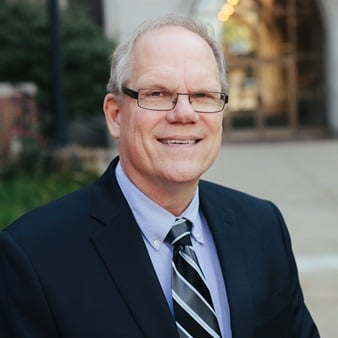
Daily Devotional | Faith and Hope
C. S. Lewis defined faith as “the art of holding on to things your reason has once accepted, in spite of your changing moods.” Faith is not a spiritual mood or an emotional state. It may influence our emotions, but faith is ultimately a conviction.
Hebrews 11:1 defines faith as “confidence in what we hope for and assurance about what we do not see.” Faith and hope are inseparably bound to one another because the Christian faith is a conviction about what is unseen. This chapter reminds us that we are not alone in this. It has been true of every believer since the beginning (v. 3).
Faith is confidence in God. Faith’s companion, hope, is the expectation that motivates us to act upon it. Abel demonstrated this kind of faith when he came to God with “a better offering than Cain did” (v. 4). The parallel to the Hebrew believers is clear. Their better offering is the sacrifice of Christ, and like Abel, they are suffering for their faith. Faith, in turn, made Enoch worthy of being spared death itself (v. 5). He was caught up into God’s presence. The observation that Enoch “was commended as one who pleased God” comes from the Greek translation of the Old Testament known as the Septuagint. But just how did Enoch please God? The writer of Hebrews makes it clear that it was Enoch’s faith. Enoch’s “walk” with God was a walk of faith (Gen. 5:24).
Verse 6 summarizes the lesson of all the examples of faith that will be presented in this chapter. Indeed, it is the primary lesson of the entire book: Without faith, it is impossible to please God. Those who have faith do not draw back because they are convinced that “he exists and that he rewards those who earnestly seek him” (v. 6).
Try to write your own definition of faith. What does the author of Hebrews say faith is? Why is faith so important? How have you experienced it?
What a beautiful example of faith today’s reading presents! Jesus, thank you for Your Word that preserved for us these testimonies. Instill in us the desire to be worthy of this “cloud or witnesses.”
About the Author
John Koessler
Dr. John Koessler is Professor Emeritus of Applied Theology and Church Ministries at Moody Bible Institute. John authors the "Practical Theology" column for Today in the Word of which he is also a contributing writer and theological editor.
View More